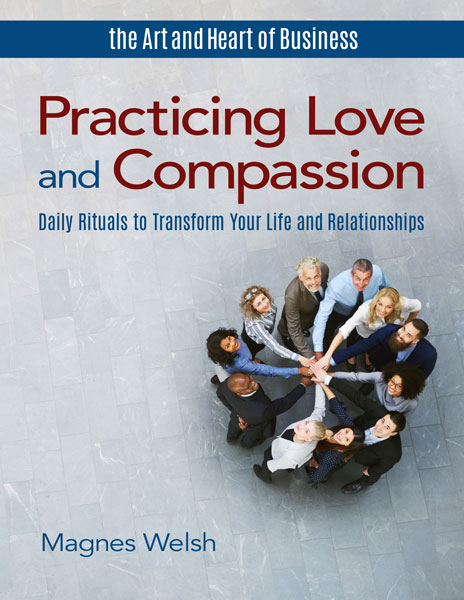These days, it often seems like we can’t escape the conversations the differences and divisions — political, racial, gender, socioeconomic — between us. With these continuous us-versus-them messages, we lose sight of all that we have in common. The Dalai Lama has often highlighted one of the most important of these, reminding us that “everyone wants to be happy.” And it’s true. At our core, we all share this genuine wish for contentment and peace.
So what are we to make of the fact that nearly one-fourth of Yale undergrads enrolled in a course meant to teach them how to be happier? A recent New York Times article reported that this course, Psychology and the Good Life, was the most popular in Yale’s history.
According to a 2017 report from the Center for Collegiate Mental Health, one in five college students experience anxiety or depression at some point. This figure is staggering — and we need to do more to build awareness, reduce stereotypes, and encourage treatment for mental health conditions — but it seems students may be waking up to the possibility that happiness is something we can learn to cultivate.
In the article, students share some of the reasons for unhappiness on campus, citing an intense pressure to achieve, and the accompanying stress and low self-esteem that go along with that. This isn’t surprising given that in our culture, and particularly in highly competitive contexts like leading universities, we emphasize outward success rather than inner well being and authentic connection with others.
But the mere existence of courses like this, is promising, as is the seemingly widespread interest among students, at least at one college campus, in cultivating a more fulfilling, happier life. Positive psychology research shows that we can increase our happiness by changing our thinking patterns and our behaviors. Some of these include practicing gratitude, compassion, and altruism, connecting with others, and spending time doing activities that bring us joy. And this extends to the workplace as well. Research shows that the healthiest organizations are those in which employees feel connected to one another, and that practicing generosity and empathy can actually make us more successful in our careers.
Kindness and love breed happiness, and they are habits we can all adopt. We can all become students in the practice of kindness, and in doing so, will be contributing to a happier, healthier world.




